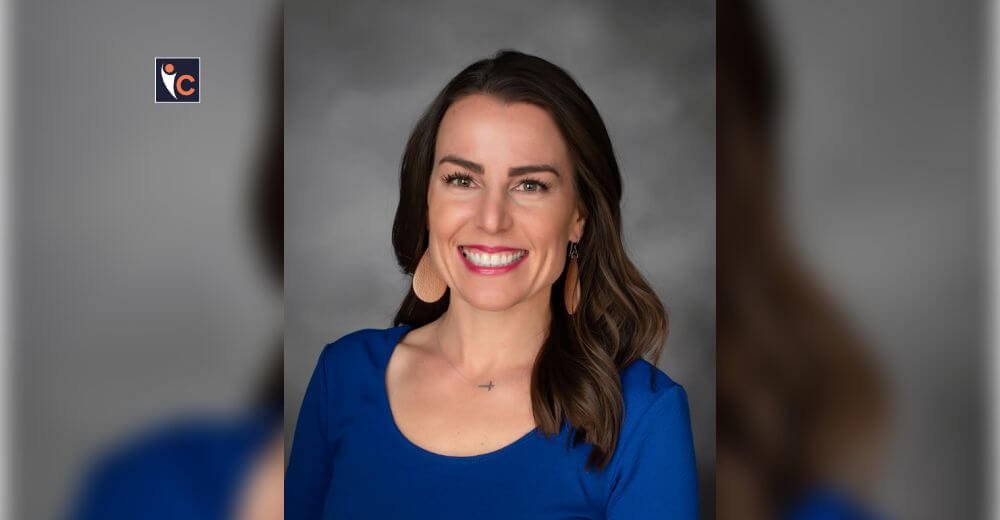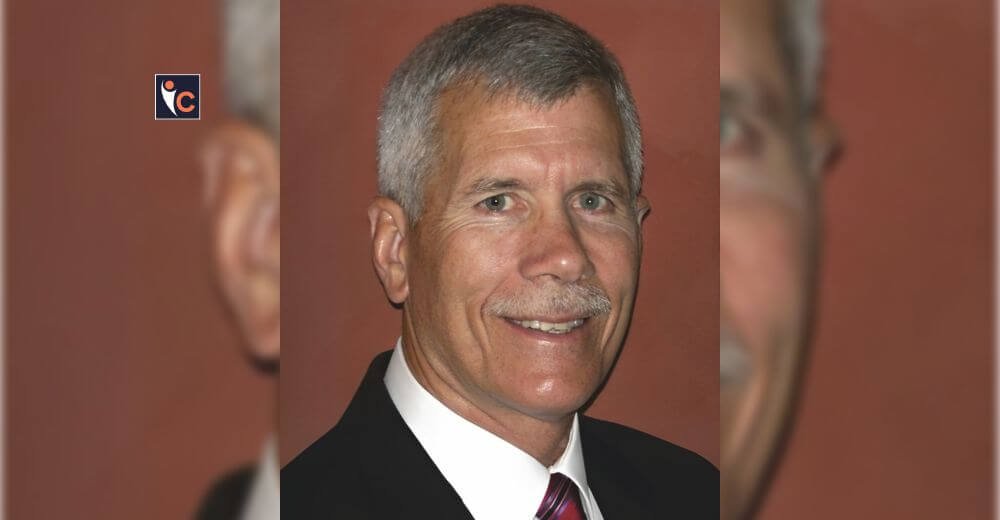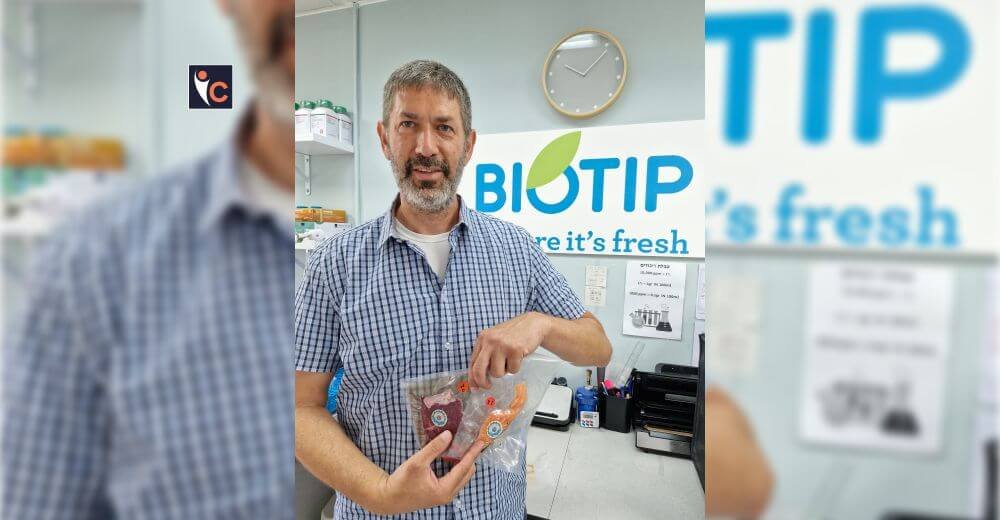Listen to what your heart says, and act on it. Sometimes it may be right or not, but most of the time it leads you to the right place. We, as humans, have changed the fortune of many industries with this approach through innovation and discovery. Oncology treatment in healthcare is the result of such discoveries leading to new treatments of cancer. The advancements in oncology treatment have significantly improved the diagnosis and treatment of patients with cancer.
Leadership is crucial in driving research and innovation to guide scientific teams and foster collaborations between researchers and industry partners to accelerate the transition of oncology treatment into clinical applications. With these leadership qualities, Olivier R. Jarry leveraged the value of technology to improve the patient experience at LiberaBio.
That makes Insights Care delighted to interview Olivier and understand his role as a CEO at LiberaBio and how his team delivers the best care to patients through oncology treatment.
Below are the highlights of the interview:
Brief us about yourself and shed some light on your journey so far. What inspires you to serve the healthcare industry?
I trained as an aerospace engineer in the 80’s because, despite many medical doctors in my family, I did not feel that medicine was very innovative then. Twenty years later, in 2001, I was attracted by Novartis who offered me very diverse and exciting international assignments. The feeling that your work may benefit patients one day made me stay in the industry. There are two aspects of my previous background that I love to incorporate into healthcare roles: leveraging the value of technology such as in digital therapeutics and improving the patient experience.
Can you elaborate upon the core values, vision and mission based on which your services are aligned with Libera Bio S.L.?
The three founders of Libera Bio managed to create a wonderful work atmosphere, mixing the proximity and flexibility of a startup with creative science and rigorous management.
The company’s mission is to create new medicines that address faulty intracellular mechanisms – scientists estimate that a vast majority of diseases originate from such intracellular dysfunctions. The intracellular targets are hard to reach, even more so using biological agents, and they have historically been deemed “undruggable”.
The vision is to leverage our intracellular nanodelivery approach, the MPN Technology® (Multifunctional Polymeric Nanocapsules), create numerous new drugs, with a focus on antibodies and in cancer, and license these products to large pharma companies that are unmatched for global commercialization.
What areas in your opinion, does the health system struggle with, when it comes to caring for/treating patients?
Having worked in over 80 countries and witnessing various healthcare systems, I’ve noticed dedicated healthcare professionals striving for optimal patient care despite time and resource constraints, particularly in low-income countries. For instance, in Kenya, a country the size of Spain, only 8 qualified oncologists were found, all located in or near Nairobi, whereas Spain has over 1200 clinical oncologists. The most effective healthcare systems I’ve encountered are those where providers and payers are integrated, allowing for both quality care and resource optimization. This applies to Europe’s universal healthcare systems and US Integrated Delivery Networks like Kaiser Permanente and Intermountain. Brazil’s SUS impresses with its tiered structure, providing primary, secondary, and innovative care. Fraud and complex payment systems persist as challenges, but AI offers potential solutions.
Please highlight your roles and responsibilities at Libera Bio S.L.
In a small organization (8 persons), most of the work centres on developing our technology and products. As a CEO of a small team, I am involved in many aspects of management, particularly in funding and business development. Because our business operates by alliances with antibody developers and large pharma companies, I spend much of my time with both.
In what way do you consider Libera Bio S.L.’s technological advances to be a pathway in conducting its operations effectively?
In my 40 years in pharmaceutical and tech companies, I’ve learned the importance of companies focusing on their core competences and efficiently “productizing” their technologies.
In the case of small companies like Libera Bio and larger biotechs I’ve been involved with, this entails outsourcing critical functions that can be readily obtained as services in the market, such as accounting, public relations, and regulatory affairs.
Libera Bio’s core competencies lie in optimizing its MPNs for diverse cargo delivery, particularly with their current focus on six monoclonal antibodies targeting intracellular cancer targets. The team excels in preclinical studies and bringing products to the First in Human stage, while larger pharma companies better manage late-stage clinical development and commercialization for each specific product.
What endeavors are you currently pursuing to improve the care/treatment measures for your patients?
Being a couple of years from clinical stage, we do not have direct influence on patients right now. However, we already think of ways to deliver the best care to patients. We are using biologics such as monoclonal antibodies, that are very specific to a mechanism of action inside the cells and MPNs allow for a superior biodistribution to the cells that we target. In addition, our inactive ingredients are already FDA / EMA approved and considered safe. Therefore, we believe that the treatments that are developing should demonstrate a high level of safety. In oncology, actual patient care often involves a combination of several drugs with multiple small molecules (chemotherapy). Adding a targeted biologic as we do may result in increased safety of the combined treatment overall.
What are some of the challenges you face when conducting projects and how do you turn them into opportunities for growth?
We have mainly two areas of challenges and opportunities.
On the scientific side, we are experts of designing MPN nanocarriers, but we are not experts of designing antibodies. Therefore, we must create alliances with companies that are experts in the latter. In the first half of 2023, we announced alliances with EVQLV in the US and with Immunoprecise Antibodies (Nasdaq: IPA) in the US, Canada and Europe. The goal is to generate high quality MPN-antibody compounds with strong evidence of their efficacy in animal models and with biomarkers.
On the business side, our success is dependent on our ability to license out each MPN-antibody to a large pharma company that will finalize its development and commercialize it. It is essentially a selling process that relies on the strength of the evidence generated.
Besides its catastrophic impact, the Covid pandemic created two favourable factors in our segment. First, antibodies have been seen as a major tool – in this case, obviously, against an infectious disease. Second, nanodelivery is now understood as a reliable and indispensable technology, as illustrated by the Lipid Nano Particles (LNPs) used to deliver the mRNA based Covid vaccines.
Share with us some of the strategies that have helped you in your position as a leader. How do you keep up with specific responsibilities at Libera Bio S.L.?
Many aspects that are often called “strategies” are often mainly tactical. For example, the fine tuning of the most relevant business model is, in my view, tactical. Running the business via a network of business alliances is very important and is tactical.
In other words, you could hire a management consulting firm (I spent 12 years at Accenture) and they should be able to help you with those.
What I found most crucial and ultimately with strategic implications, is to build a team that (i) can deliver on the vision and (ii) shares a culture aligned with the mission. Of note, alignment does not mean lack of diversity: our team of 8 has included 4 nationalities.
What advice would you like to give to budding entrepreneurs and enthusiasts who desire to venture into the healthcare sector?
Healthcare is extremely varied, and I can speak only for life sciences (biotech, medtech, health tech). My advice will probably sound basic, but not applying it mostly leads to failure.
The first point (for all entrepreneurs) is: how will you make money at some point? Even if it is 3 or 8 years from now (as is common in biotech), you must be very precise about it, for yourself, your team and your investors.
The second point is: beware for the unknown unknowns. These gaps in your knowledge that you don’t know you have may put you in a very dire situation. You need to test your ideas, strategy, and business with as many persons with different views as you can find: persons from the industry, naturally, other entrepreneurs from the industry or not, friendly early-stage investors, investment bankers, etc. You should feel comfortable having these discussions because you have created a strong Intellectual Property (IP) in the first place. If you have not, you are not ready to start a business in life sciences. It also means that your team (or extended team with freelancers or consultants) must cover everything that needs to be covered (for example, quality management, technology transfer, etc. that are often neglected).
Finally, as an engineer, I still dream of biotechs where everything is perfectly planned, there is no technical unknown, and the team masters what they need to do to deliver results. Well, life sciences are more uncertain. You must be prepared for unexpected delays (e.g., an external lab did not test your product in time) and therefore, the management team must be “obsessed” by maintaining the longest possible “runway”, i.e., extending cash available as long as possible. Yes, early investors in life sciences are often “diluted to oblivion” but can still make good returns.
How do you envision scaling your services and operations in 2023 and beyond?
The company was formed in 2020 as a spin off from the University of Santiago de Compostela (USC) in Spain, with already two antibodies in preclinicals. Now we have 6 antibodies in development and several other collaborations on the horizon. Scaling up will be by repeating the business model: alliance to develop a new antibody, license out of the MPN-antibody to a large pharma. We will need to grow our team and achieve economies of scale to deliver.
What are some of the testimonials or recognition that accurately highlight your position in the market?
A key point is that our business model aims to develop and license products constructed with our MPN Technology®, not sell services based on that MPN Technology®. This goal is shared with other biotech companies and is illustrated by this quote from another biotech: “Alloy [Therapeutics’] investors won’t make money off of its humanized mice but will become shareholders in spinoff companies”.
| Next Story: https://insightscare.com/paul-edalat-empowering-patients-transforming-drug-delivery/ |










